Five months after Hurricane Helene swept through the High Country, many hiking trails near water remain damaged as park services continue recovery efforts in the region.
Popular trails among locals, students and tourists — including Boone Fork Trail, Julian Price Park trails and Linville Falls Trail — remain affected and closed during restoration efforts.
“There is federal and state funding being used to repair the trails,” said Candice Cook, tourism marketing director of the High Country Host Regional Welcome Center.
More than 300 park rangers from various states across the country were sent to the region to assist with trail revitalization and conservation efforts. Boone Fork Trail, which is located near water, took heavy damage at the trailhead.
“We are creating an updated list of all the trails, including Boone Fork Trail, that will be open this summer in our region. We’ll have it ready by the end of March to prepare for the fishing season, which opens April 1,” Cook said.
Boone Fork Trail is a favored location for anglers, particularly fly fishermen, due to its abundant population of brown, brook and rainbow trout.
“With summer approaching, the aftermath of Hurricane Helene creates major challenges for restocking efforts in the area, Cook said.”
The Armstrong State Hatchery which is responsible for restocking the streams and rivers was affected and remains closed.
“We don’t know when they’ll be able to reopen or restock the rivers, so that’s going to have a huge effect on the upcoming season,” Cook said.
Boone Fork Creek, which runs alongside Boone Fork Trail and is connected to the New River, has significantly expanded due to the hurricane. The expansion has posed challenges for fishermen, who now have to adjust to the changes in the stream.
“It’s a little harder to tell this time of year because everything is off due to the recent impacts of the hurricane. The streams seem more blown out, with habitats disturbed,” fly fisherman Will Johnson said.
Though the disturbance of habitats has caused many fishermen to adjust where and how they fish along Boone Fork Trail and other trail systems, the hurricane has also brought about some positive changes to the water.
Watauaga Riverkeeper Andy Hill wrote in an email that “surface water quality has improved post Helene with most waste water treatment plant infrastructure having been repaired or upgraded since the storm.”
Cook said the hurricane has altered river formation, and fishing guides have reported to her that these changes have led to the creation of new pockets where fish typically are found.
“The New River Conservancy is urgently seeking volunteers to assist with recovery efforts, surveying the water and identifying debris that could further impact the water quality of Boone Fork Trail and other nearby trail systems,” Cook said. “That would be a great opportunity if any of the students want to help out.”
Recovery efforts and crews continue to work in hope of restoring the trail and making it a safe place for visitors to enjoy again.



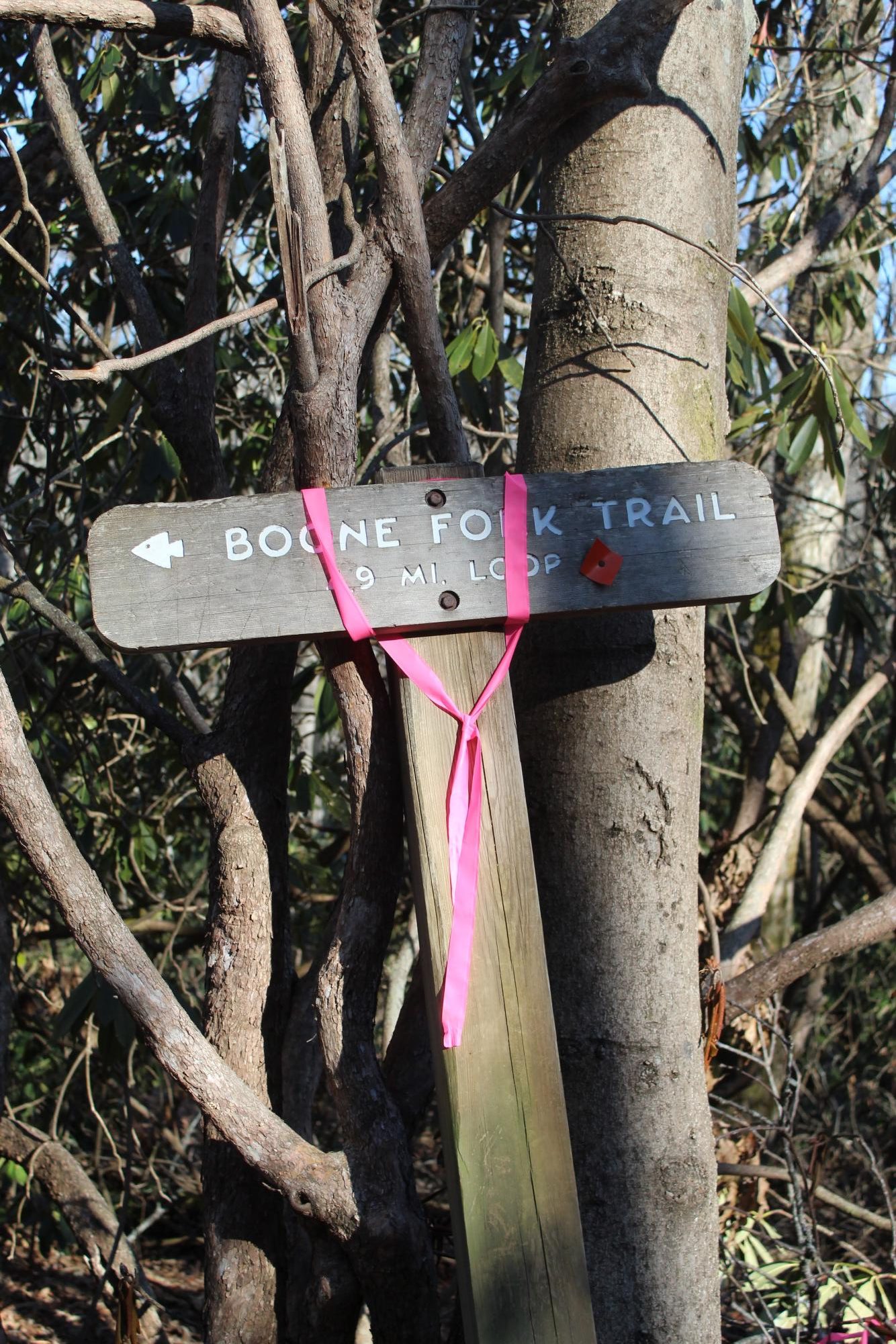
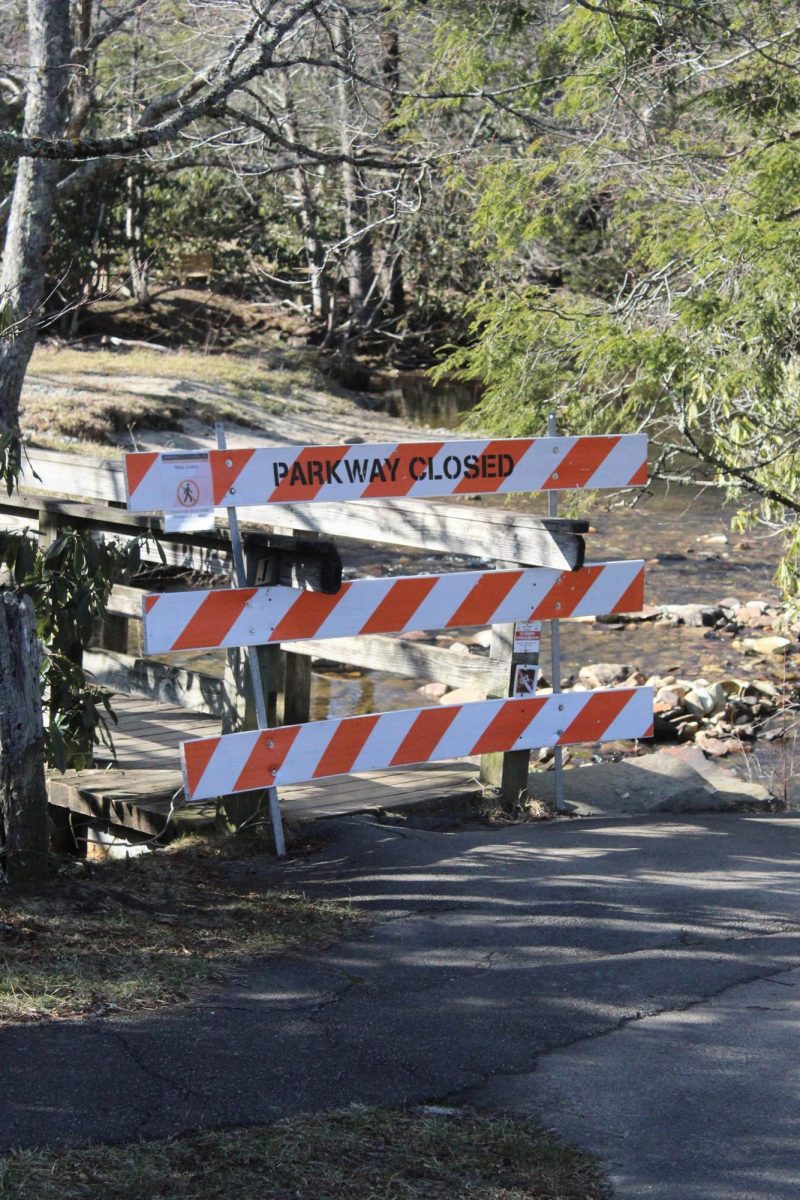
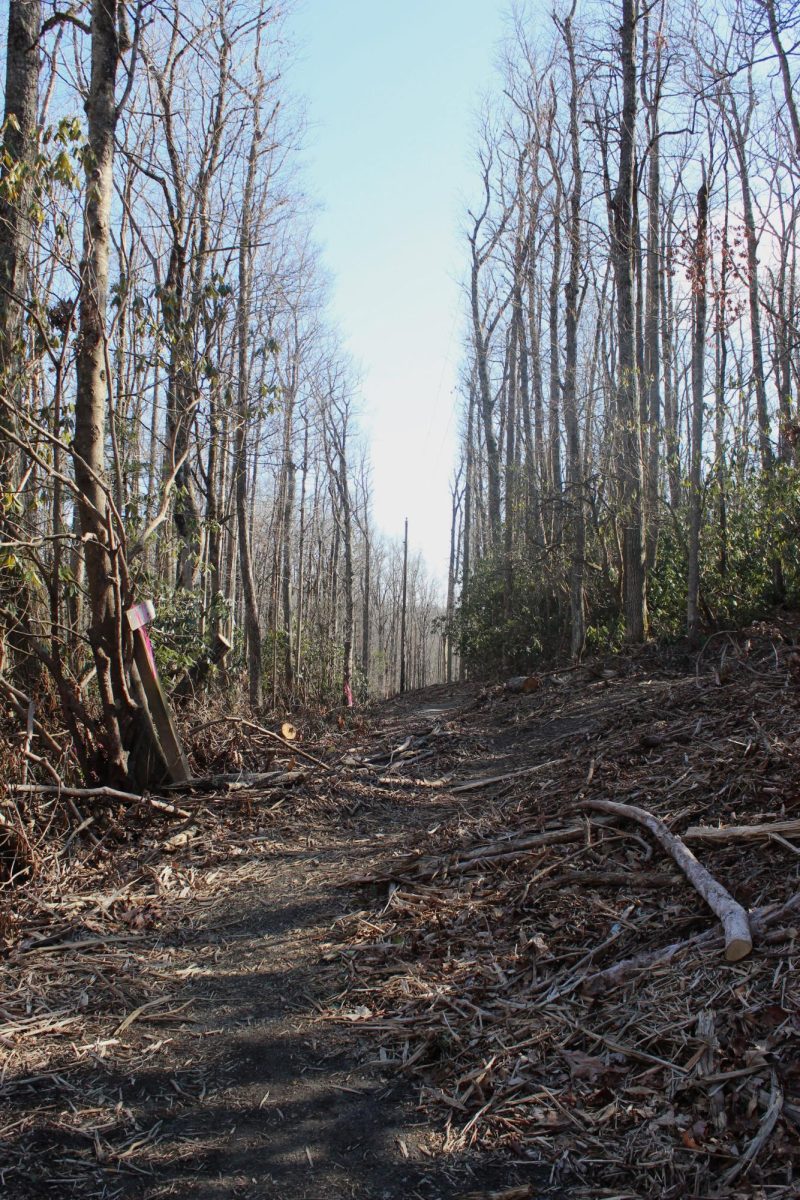
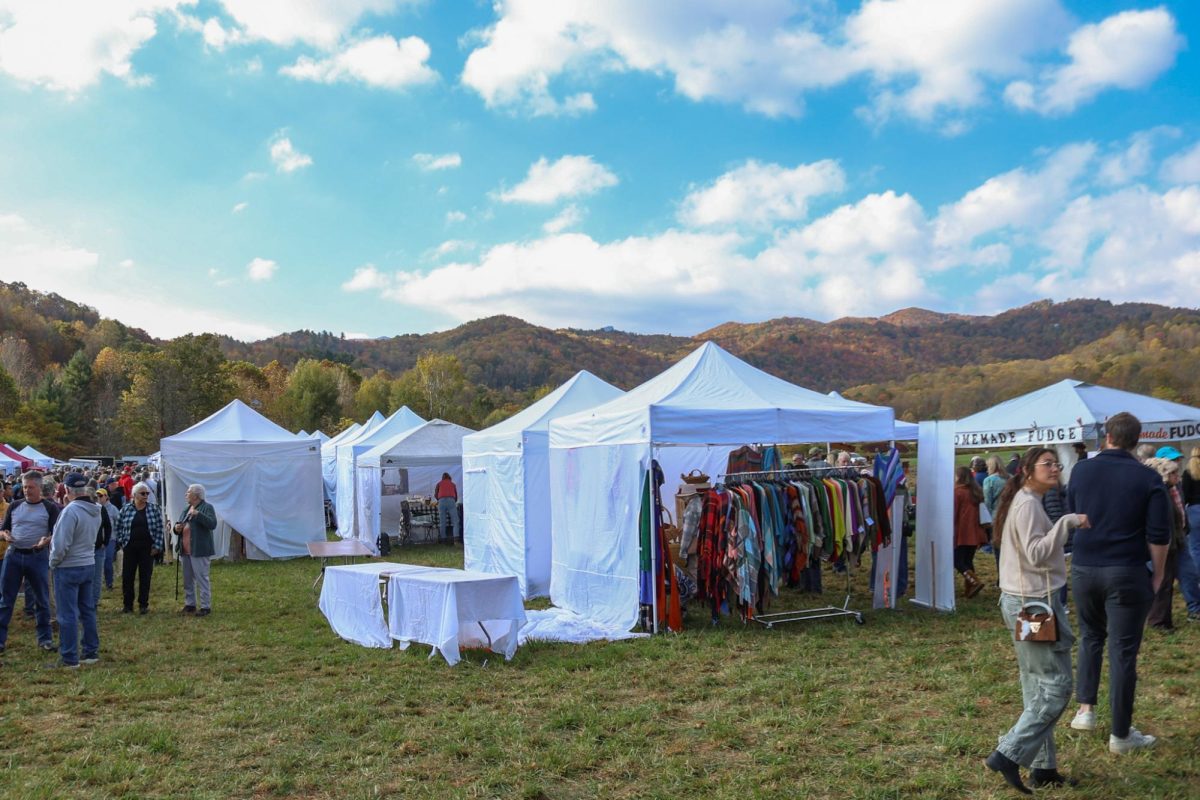






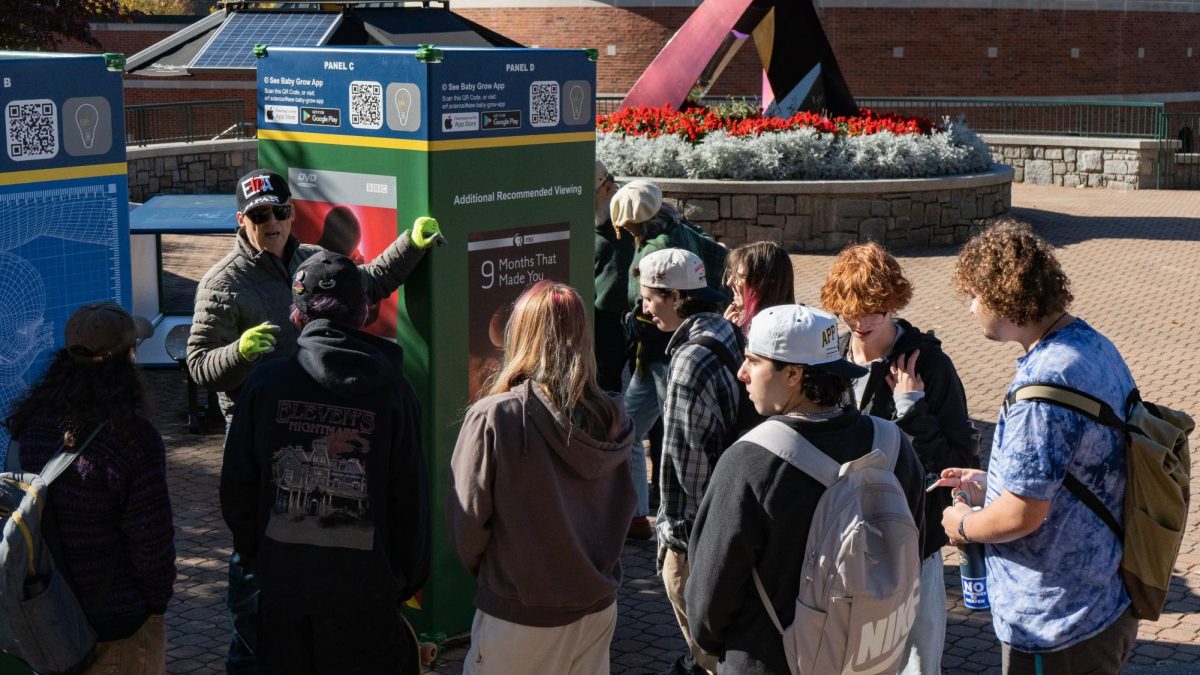

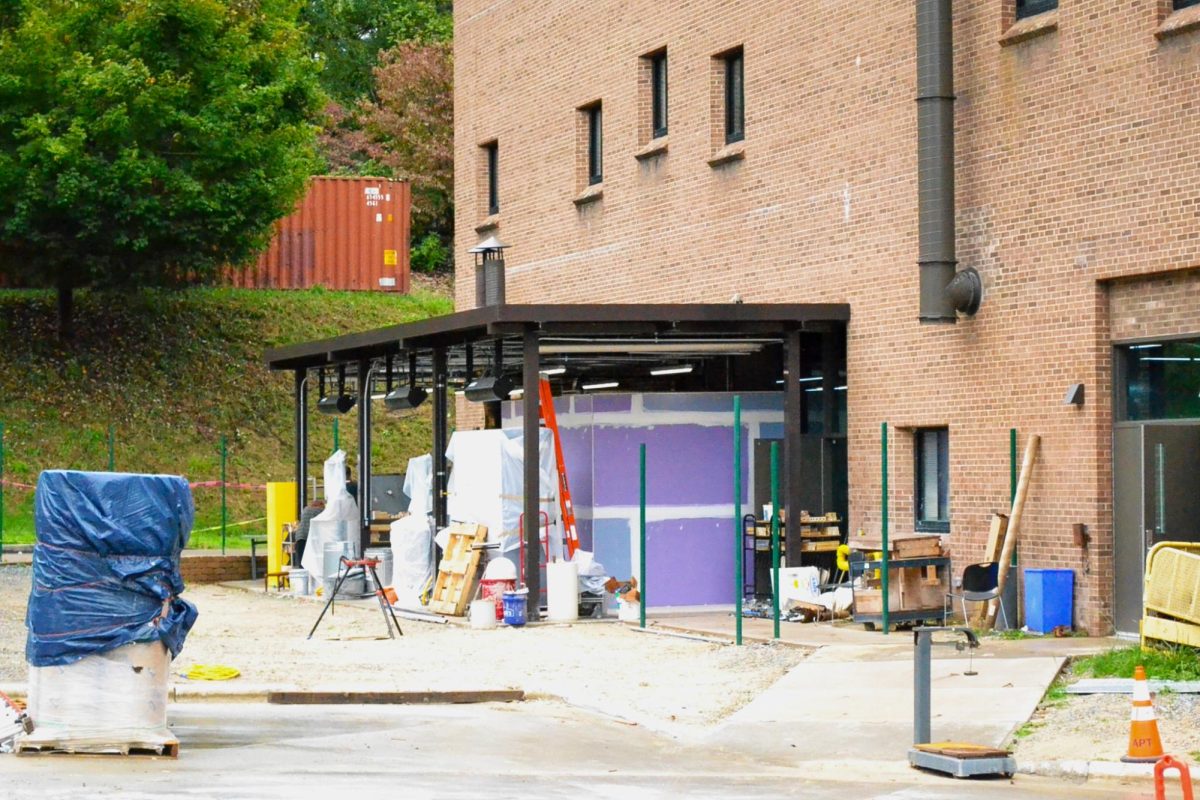


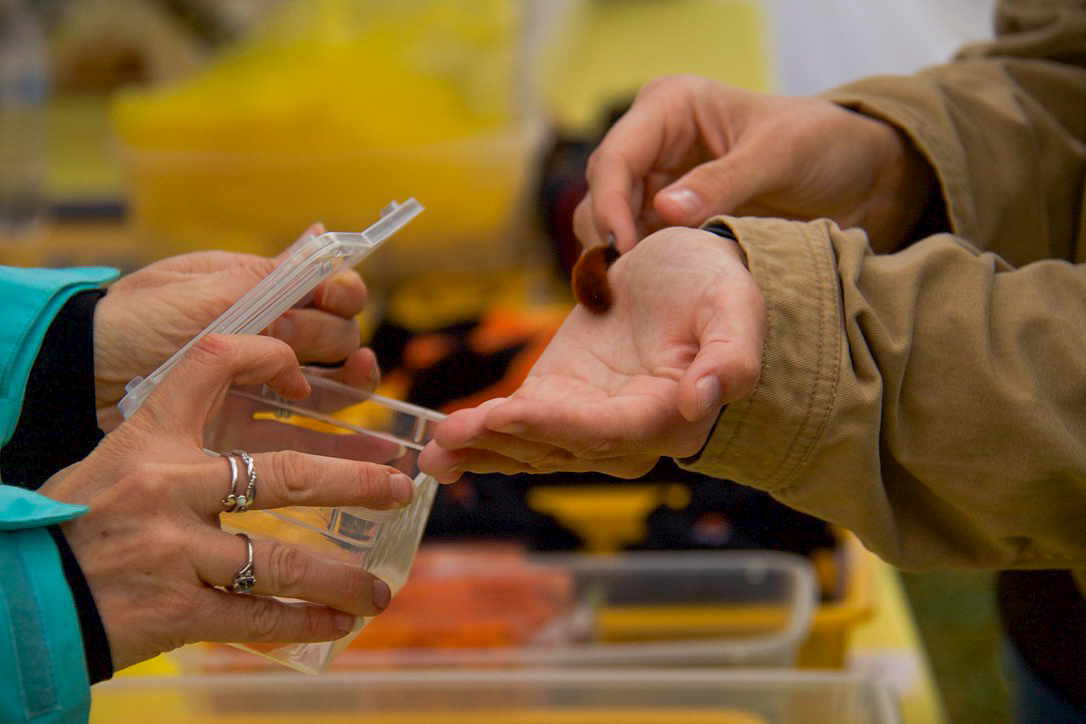





Ken Carpenter • Mar 20, 2025 at 7:49 am
Parkway Volunteers are starting this week to assist the Park staff in clearing the Boone Fork Trail tread